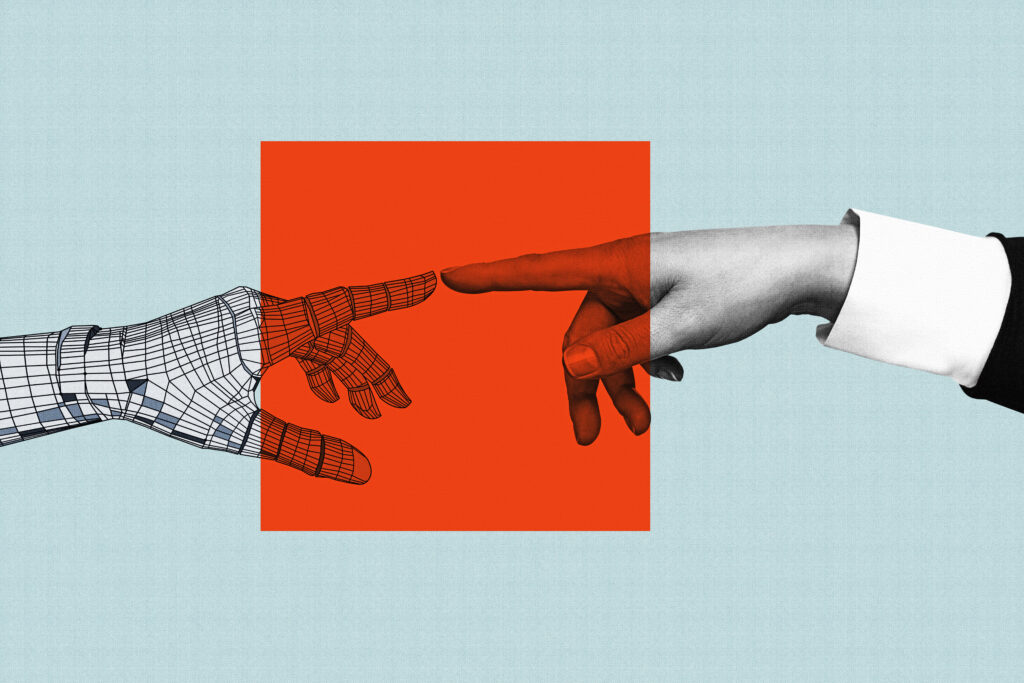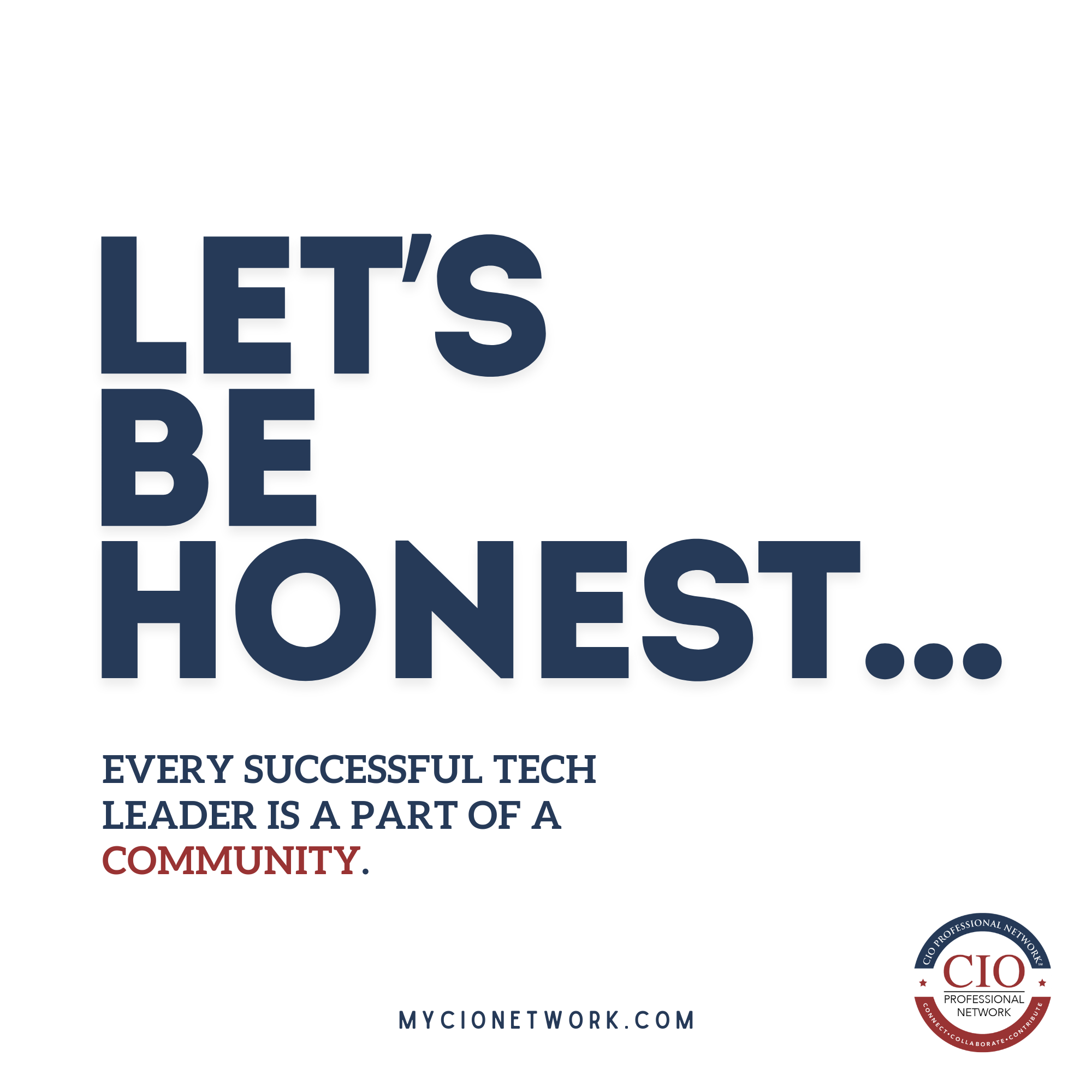As artificial intelligence advances, so too does the growing fear that it will dominate our lives by taking over jobs, deploying autonomous weapons, and manipulating truth. The public imagination increasingly resembles something out of The Matrix, a dystopian world controlled by machines. But the real threat isn’t AI itself. It’s us.
Artificial intelligence is a tool, nothing more, nothing less.
Like fire, electricity, or nuclear power before it, AI is neither inherently good nor bad. Its impact depends entirely on its creators, its users, and the broader society into which it is deployed. Yet in the public debate, we seem fixated on blaming the tool rather than examining the hands that wield it or the minds that passively allow it to be wielded.
The true crisis is the slow erosion of human reasoning, the abdication of individual responsibility, and the societal decay that prevents us from governing our own tools.
A Tool Without Intent
At its core, AI is just a machine executing instructions based on data. It has no intent, no moral compass, no capacity to choose good over evil.
This is a design fact.
AI systems like ChatGPT do not “know” what they are saying; they statistically predict language based on patterns.
Like a hammer that can build a home or hurt someone, AI reflects the will of its operator, not its own.
In history, this is hardly new.
Consider the facts that nuclear fission led to both atomic bombs and clean energy, CRISPR can edit out disease or create designer babies, and printing presses gave rise to both revolutionary literature and propaganda. The technology has always been and will always be neutral.
It is society that is not.
The Decline of Human Reasoning
What makes this moment different is not the tool, but the intellectual condition of the society using it.
In the last two decades, especially during the social media era, we have witnessed a measurable decline in human reasoning, media literacy, and critical thinking.
More dangerously, people are becoming increasingly comfortable delegating thinking itself.
We trust algorithmic recommendations more than our own discernment. We scroll, consume, and react, but rarely do we pause to reflect.
Responsibility: Our Role
And yet, almost no one holds society accountable. The outrage is always directed at AI companies, social media platforms, or Big Tech. While some of them deserve scrutiny, it overlooks a key point: agency still resides with people.
To blame AI alone is like blaming the cigarette manufacturer while ignoring that you bought the pack, lit the match, and inhaled deeply.
- Why is there no serious effort to rebuild a culture of reasoning?
- Why is digital literacy not taught as rigorously as arithmetic?
- Why are we not demanding algorithmic transparency or intellectual accountability from our leaders?
The answer points back not to AI’s power, but to society’s passivity.
Some may say that individuals are manipulated by systems designed to addict.
Yes, social media platforms are engineered to exploit dopamine loops, hijack attention, and keep users hooked. That is a valid concern, but in a healthy, educated society, such manipulation would spark reform.
A society that values cognitive agency would elect leaders who dismantle these traps just as public health advocates exposed Big Tobacco. We are not victims of manipulation; we are willing participants in it.
Some may contend that AI is no longer “just a tool” when it acts autonomously.
Autonomous weapons, algorithmic sentencing, and automated hiring make decisions. And that is true, but every one of these systems is launched, commissioned, and approved by humans.
Autonomy in execution does not imply autonomy in intent.
A drone may choose a target from a list, but it was programmed by a military command. An algorithm may scan resumes, but a human installed and accepted its logic.
Until AI develops generalized self-awareness, which we are nowhere near, it remains a proxy, not a principal.
The Path Forward: Reclaiming Intellectual Sovereignty
We stand at a pivotal moment. AI will become more powerful, more ubiquitous, and more entwined with every aspect of life. But its trajectory is not predetermined.
What matters more is how we evolve.
Do we become passive consumers of algorithmic content, outsourcing judgment and depth to machines? Or do we reclaim our intellectual sovereignty, demanding transparency, choosing reflection over reaction, and holding ourselves accountable?
The real existential threat is not that AI will become more intelligent than us. It’s that we will forget how to be intelligent ourselves.
Trusted insights for technology leaders
Our readers are CIOs, CTOs, and senior IT executives who rely on The National CIO Review for smart, curated takes on the trends shaping the enterprise, from GenAI to cybersecurity and beyond.
Subscribe to our 4x a week newsletter to keep up with the insights that matter.
The Wrap
AI is not the enemy. Our own complacency is.
The future will not be shaped by artificial intelligence alone, but it will be shaped by our capacity to remain critically human in the age of intelligent machines.
And that choice, ultimately, is ours.






